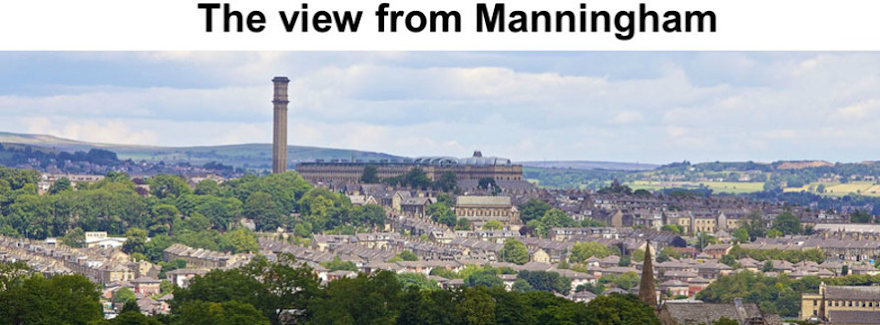One
reason the Government is limiting the number of refugees we will accept is an
acute shortage of homes in the UK.
The
National Housing Federation (NHF) says we need another million homes and not enough
are being built.
Successive
Governments have failed to act and the excess of demand over supply has pushed
up house prices and made home-ownership beyond the means of young couples,
especially in London which has the biggest problem.
Government
inaction is only one of the causes.
Shelter cites a shortage of land as another and Greenfield sites are protected but it
is suggested that there are enough brownfield sites to accommodate 1.8 million
new homes.
The
slowness of the planning process is another factor, changes in 2012 saw the
number of applications approved annually increase from 158,000 to 240,000.
Developers
are also blamed for sitting on land for which planning has been approved to
maximise their profits as house prices rise and for the same reason developers
sometimes build expensive properties rather than affordable homes first time
buyers can afford.
The
increasing house prices have forced many to rent rather than buy and in some
instances to have to cope with private landlords who do not always offer secure
long term tenancies.
This
can mean families with young children forced to move every six months with all
the emotional harm that causes, especially to their children.
Also, there is estimated 635,000 empty properties in England alone.
This is a complete and utter waste of housing when there are so many homeless families looking for somewhere to live and a large number of these (200,000) have been left empty for over six months.
This is a complete and utter waste of housing when there are so many homeless families looking for somewhere to live and a large number of these (200,000) have been left empty for over six months.
The
Coalition Government introduced a ‘Help to Buy’ scheme to help first time
buyers but more was needed to increase the supply of homes for purchase.
The
present Government aims to transform ‘generation rent into generation buy’ and
set a target of one million new homes by 2020.
Its
Housing and Planning Bill currently before Parliament is intended to make this
target attainable.
It will give local authorities powers to apply banning orders against rogue landlords and establish a proper process by which landlords can repossess properties abandoned by bad tenants.
It will give local authorities powers to apply banning orders against rogue landlords and establish a proper process by which landlords can repossess properties abandoned by bad tenants.
Controversially,
the Bill also establishes a Right to Buy for housing association tenants.
The
housing budget has been doubled to £8 billion and £140 million has been set
aside to transform the worst 100 sink estates.
The
Opposition questions whether this means established communities will be broken
up and whether those who have bought their homes in these estates will be
guaranteed homes in the rebuilt estates.
The
Prime Minister wants to offer people on sink estates something better and
accuses Labour of trying to prevent this.
The key issue will be the cost of the new homes and whether the poorest will be able to afford them.
The key issue will be the cost of the new homes and whether the poorest will be able to afford them.
The
Government certainly wants to charge tenants paid more than £30,000 p.a. and still
living in Council houses, to pay higher rents than those on the national living
wage.
Their
critics are concerned that Government policies will shrink the rented sector
and make it difficult for people on low incomes to live.
A
home is crucial for settled family life and policies that affect the
availability, cost, location and quality of appropriate houses are important
issues.
Nobody
wants people to become homeless, families to be broken up or to live in squalor
but some have to and that is a moral as well as a political issue that
challenges how seriously we ‘love our neighbours’ as Jesus expects.



